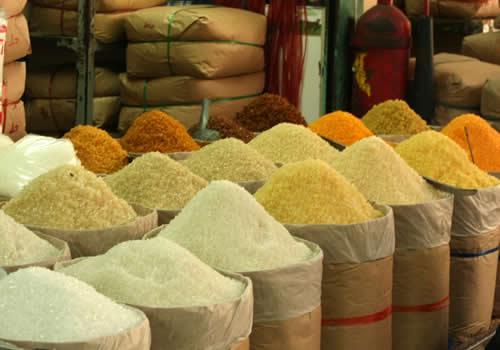Dar es Salaam. A day after Tanzania and Malawi concluded a high-level ministerial meeting in Dodoma, attention is now shifting to what the signed communique means for citizens and businesses alike—from small cross-border traders to larger commercial actors engaged in bilateral trade.
While much of the attention focused on polite diplomatic gestures, the core of the discussion on Friday, May 2, 2025, centered on a concrete trade dispute: on March 13, 2025, Malawi issued a Prohibition Order banning the importation of certain goods, directly affecting Tanzanian exports.
In response to the disruption, Tanzania imposed a counter restriction on the importation of plant and plant products from Malawi on April 23.
However, recognizing the importance of dialogue, both countries made efforts to de-escalate the situation.
In a public notice issued on April 25, 2025, Tanzania’s Ministry of Agriculture announced the lifting of the import ban, effective April 26, after both nations made overtures seeking dialogue and cooperation.
This shift in approach helped prevent the situation from escalating further, highlighting the importance of diplomacy in resolving trade issues between neighboring nations.
At the May 2 Joint Ministerial Meeting, Ambassador Mahmoud Thabit Kombo, Tanzania’s Minister for Foreign Affairs and East African Cooperation, and Ms Nancy Gladys Tembo, Malawi’s Minister for Foreign Affairs, led their respective delegations in frank and solution-focused talks.
The Malawian delegation acknowledged Tanzania’s step in lifting its restriction and, in a reciprocal move, committed to issuing an Administrative Instrument that will immediately enable resumption of trade flows between the two countries.
Ambassador Kombo, in the signed communique, said, “This meeting was about more than trade—it was about restoring trust and delivering results for our people.”
Ms Tembo, on her part, remarked, “We recognize the importance of respecting regional frameworks, and this agreement reflects that responsibility.”
A turning point for border economies
Beyond lifting prohibitions, the most forward-looking outcome was the reaffirmed commitment to implement the Simplified Trade Regime (STR) by May 30, 2025.
Though agreed in principle during the 6th Session of the Joint Permanent Commission held in Lilongwe earlier this year, the STR had stalled.
The current agreement gives it new life—and a deadline.
If implemented, the STR will allow registered small-scale traders—especially women and youth—to move goods across the border with reduced documentation, standardized procedures, and minimal interference.
Sanitary standards and sustainable trade
Another critical aspect agreed upon was the development of common Standard Operating Procedures on Sanitary and Phytosanitary (SPS) Standards, in line with regional and international guidelines.
Trade disputes over agricultural products have often been triggered by differing SPS protocols.
Harmonizing these standards marks a proactive step toward sustainable trade, reducing the chances of sudden, unilateral bans like the one Malawi enacted in March.
The ministers also reaffirmed the strong historical and “brotherly” relations between the two countries and praised Presidents Samia Suluhu Hassan and Lazarus Chakwera for their guidance and leadership in resolving disputes peacefully.
What this means and why it matters
The quick diplomatic turnaround between the two countries demonstrates not only political will but also recognition of the economic interdependence of Tanzania and Malawi.
More than formal trade, it’s the informal cross-border economy—estimated to involve thousands of unregistered traders—that often bears the brunt of policy disruptions.
“The STR is not just a trade tool; it’s a poverty reduction instrument,” said a regional trade analyst based in Arusha. “It protects the most vulnerable traders and fosters legal, safe economic activity at the grassroots level.”
Moreover, the agreement reflects a broader trend of African countries using bilateral mechanisms to resolve trade issues rather than relying solely on regional blocs.
This increases accountability and speeds up resolution timelines.







